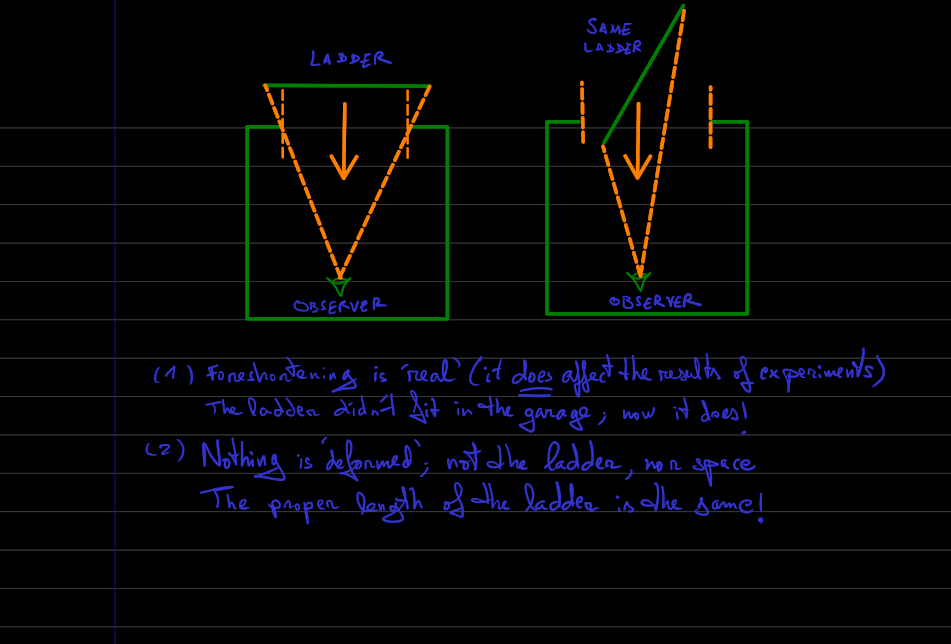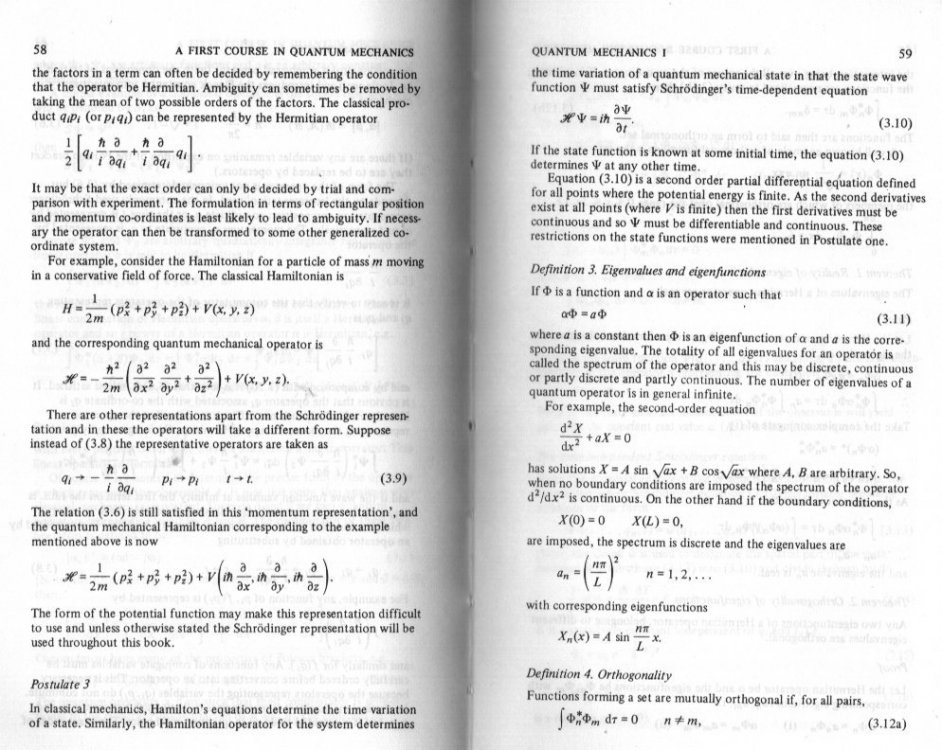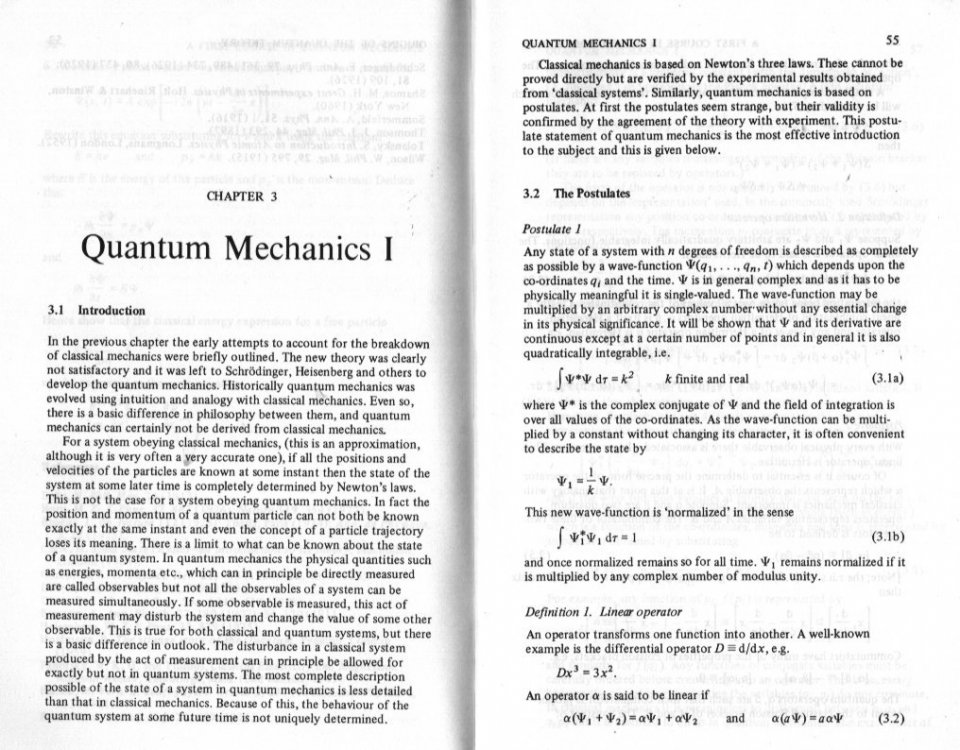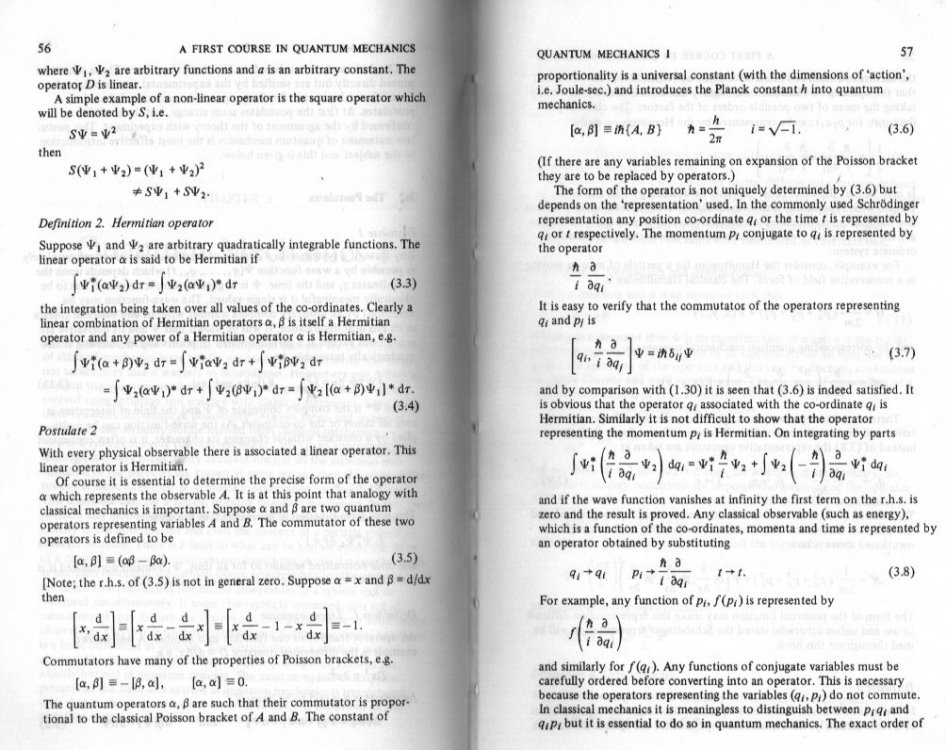Leaderboard
Popular Content
Showing content with the highest reputation on 11/29/21 in all areas
-
Because I didn't. So you keep telling me, without any particulars or proofs. What philosophy? Which questions have I failed to answer? Sounds like? You must have a different pitch from mine. I do recognize the part science has played in the destruction of the world. Why don't you? Do you really think chemical warfare is good? Do you really think climate change is good? Science is a methodology used by humans to achieve ends that humans desire. Good, bad and silly. I also recognize the part superstition, magical thinking, irrationality and organized religion (even such organized religions and irrational cults as make effective use of technology to further their ends) have played in the destruction of the world. That does not mean -- and does not say -- that either of those human capabilities has a moral value apart from the uses to which humans put them. Except that I've claimed no such thing. Yes. The two kinds of thinking continue on together, side by side, hand in hand. The Egyptians of Ra had a sophisticated, technologically advanced civilization; they had precision engineering, meteorology, agriculture and astronomy as well some quite progressive notions civil law and of governance generally. Their highly organized, ritualized religion was a whole separate realm from their practical application of knowledge. Do you really not see the difference in religious belief, practice and application in stone age, bronze age, classical and modern societies? No worries. You haven't presented any examples. You made some vague statement about pandemics - of which I see no relation to primitive or ancient cultures or religions. I can see that. What philosophy? Perhaps you'll forgive me for asking again. Only, it's disconcerting to be daily accused of 'pushing' an unspecified, unnamed, undescribed - yet somehow presumed wrong - 'philosophy'. If i knew what it is, I might be able to repudiate or defend it. I see you won't. That's all right.2 points
-
That is very much expected. Preventing infection also prevents death from illness. Your original question was asking for evidence of efficacy of preventing infections, which you have received (repeatedly). And just to prevent a few rounds of arguing semantics I would like to point out some common usages in epi-data: "Infection" commonly refers to all positive tests, regarding of symptom status. Technically it refers specifically to the virus, but for communication with the broader population (e.g. via dashboards) it is sometimes conflated with COVID-19 infection (or similar). While this is technically inaccurate, it is simply a messaging strategy as the population was found to be more familiar with the name for the disease than for the virus. "Asymptomatic" is used if a positive test is found, but the patient does not present symptoms at time of testing. The issue is that folks are typically not tracked over time, so in some cases folks are actually pre-symptomatic (i.e. develop symptoms later in the infection process). Often the status of the patient at testing is not documented at all, so the frequency of asymptomatic cases is usually not well established. Moreover, in several areas testing strategies have switched to testing symptomatic cases only. As such in literature you will find a large range of estimates of symptomatic vs asymptomatic cases. Vaccine efficacy is the ability of the vaccine itself to improve disease outcome. This is generally done in controlled trials and historically this is based on disease presentation (i.e. showing symptoms of the disease). One of the reason is that in many diseases individuals do not spread the disease if they do not present symptoms (often indicating a low viral load). Due to the ability of pre-and asymptomatic spread of SARS-CoV-2 transmission is also monitored, but it is not as easy as tracking of symptoms. Vaccine effectiveness is basically a measure to look how efficacy translates into reality. This is done by capturing data during vaccine rollouts in an observational study. Here, it is important to segment the cohort according to the specific question. I.e. for example look at infected vs non-infected groups and check the vaccination status. Or conversely, segment for vaccination status and check for the variable of interest (e.g. infection rate or hospitalization).1 point
-
And then there's me! don't forget me! 😁 that is, I'm really not that concerned, as long as science keeps giving us answers/explanations.1 point
-
! Moderator Note I'm not going to fault someone for not getting responses on a narrowly-focused topic. There is a clear invitation to discussion, there are calculations and copious references for interested parties, which is in stark contrast to most speculations threads. <referee motions for play to continue>1 point
-
Ok. I'm sorry if I missed a particularly subtle point you made. The OP seems to be under the impression that special relativity demands us to admit that space 'deforms'. I was just trying to be helpful, because I think that's an unfortunate misconception. (my emphasis.) Wrong!!! That's what I'm trying to address. And believe me, we've all been there at some point. Even though I'm under heavy workload, believe me; I wanna be helpful. So I've made a little drawing that explains why that's wrong based on my analogy with foreshortening in space. Nothing is deformed. Space is not deformed. The object is not deformed. Yet, foreshortening is real enough that, if you don't take it into account, you're going to damage the paint from the frame of your garage's door, and the ladder, or worse. The explanation that special relativity gives of this is just common sense. Common sense gets you a long way. One must study special relativity and there comes a moment when you naturally understand it, and there's no looking back. That's what I meant.1 point
-
Since you have made some attempt to answer my comment this time I will offer some more help. It's clear that you have copy/pasted the expressions in question from a book or other source which should have provided proper background for the questions and the answers already provided. I don't know what resources you have access to but you are reaching a long way into theoretical physics/applied maths here. This subject really belongs in one of those two sub forums, not Analysis and Calculus. Anyway these three attachments should provide a good solid background for both your questions as they compares classical and quantum momenta and operators.1 point
-
Early quantum theory departed from the idea that energy states of particles in a confined space had to do with wave modes in that confined space (think of a box). Those wave modes are quantized in energy (and therefore in momentum, for free particles) when these waves are in a perfectly reflecting box. It took some time to realise that this could be formulated as due to the fact that matter, in all its forms, has a wave-like nature to it. The particular hypothesis that answers your question is due to De Broglie. Following De Broglie, a monochromatic wave of wavelength \( \lambda \) has a momentum (think just one possible direction), \[ p=\frac{h}{\lambda} \] Think also of free particles. Now, because a harmonic wave of wavelength \( \lambda \) and time period \( T \) is represented by, \[ \psi\left(x,t\right)=A\cos\left(2\pi\left(\frac{x}{\lambda}-\frac{t}{T}\right)\right) \] and as Studiot said, your “nabla” (derivatives, one for every direction, that in this case is just one, \( x \) ) have to act (differentiate) on this something (the wave), \[ \frac{h}{2\pi i}\frac{\partial}{\partial x}\psi\left(x,t\right)=2\pi\frac{h}{2\pi i}\frac{1}{\lambda}\sin\left(2\pi\left(\frac{x}{\lambda}-\frac{t}{T}\right)\right)=\frac{1}{i}\frac{h}{\lambda}\sin\left(2\pi\left(\frac{x}{\lambda}-\frac{t}{T}\right)\right) \] Now, it just so happens that in quantum mechanics you must complete the so-called wave function so that it has an imaginary part. This imaginary part (for the complex-number version of a monochromatic wave) is, \[ i\sin\left(2\pi\left(\frac{x}{\lambda}-\frac{t}{T}\right)\right) \] The whole simplest version of this 'wave function' would be, \[ \psi\left(x,t\right)=A\cos\left(2\pi\left(\frac{x}{\lambda}-\frac{t}{T}\right)\right)+i\sin\left(2\pi\left(\frac{x}{\lambda}-\frac{t}{T}\right)\right) \] Repeating the previous process for the whole complex (real plus imaginary parts) leads to, \[ \frac{h}{2\pi i}\frac{\partial}{\partial x}\psi\left(x,t\right)=2\pi\frac{h}{2\pi i}\frac{1}{\lambda}\sin\left(2\pi\left(\frac{x}{\lambda}-\frac{t}{T}\right)\right)=\frac{1}{i}\frac{h}{\lambda}i\psi\left(x,t\right)=\frac{h}{\lambda}\psi\left(x,t\right) \] So that's what your momentum operator does on states. \( \psi \) is called 'state of a quantum system' or 'wave function'; and the things to measure (momentum) are mathematical operators that extract this information from the state. I hope that was helpful.1 point
-
Here’s more data from Virginia, US https://www.vdh.virginia.gov/coronavirus/see-the-numbers/covid-19-in-virginia/covid-19-cases-by-vaccination-status/ Unvaccinated got infected at 4.6 times the rate as fully vaccinated, data from Jan 17 2021 through Nov 20. Except your graph doesn’t show the relevant information. “reliability” is moot0 points
-
-1 points
-
I understand how hard it is to admit, but guess what? you did. Stop playing dumb...please! Many....My pitch is science, no more, no less....your's is pushing a particular philosophy. Because I recognise correctly, that it is people using science for evil intent. Science isn't essentially evil. Science is knowledge which is essentially good. Well you need to express yourself better. And they also believed in all sorts of unscientific myth, which you are so intent on ignoring...badly I might add. It was part of their culture. I've presented pandemics. Your inability to recognise that, does not invalidate my claim...and is rather poor to boot...poor acting that is, as I don't believe you are really ignorant of that. I'm really not that interested in more of your philosophical banter. And I won't elaborate anymore on something that stands out like dog's balls. I remember hearing somewhere sometime about the fact that no matter how logical any argument is, there will always be someone that will present an argument against.-1 points
-
He's behind you... Oh no I didn't... Thank you for turning my thread into a pantomime, just an observation. 🙄-1 points
-
-1 points










